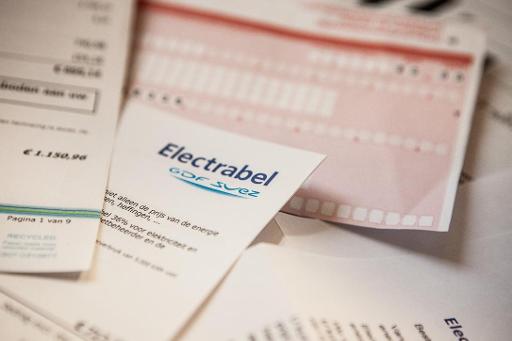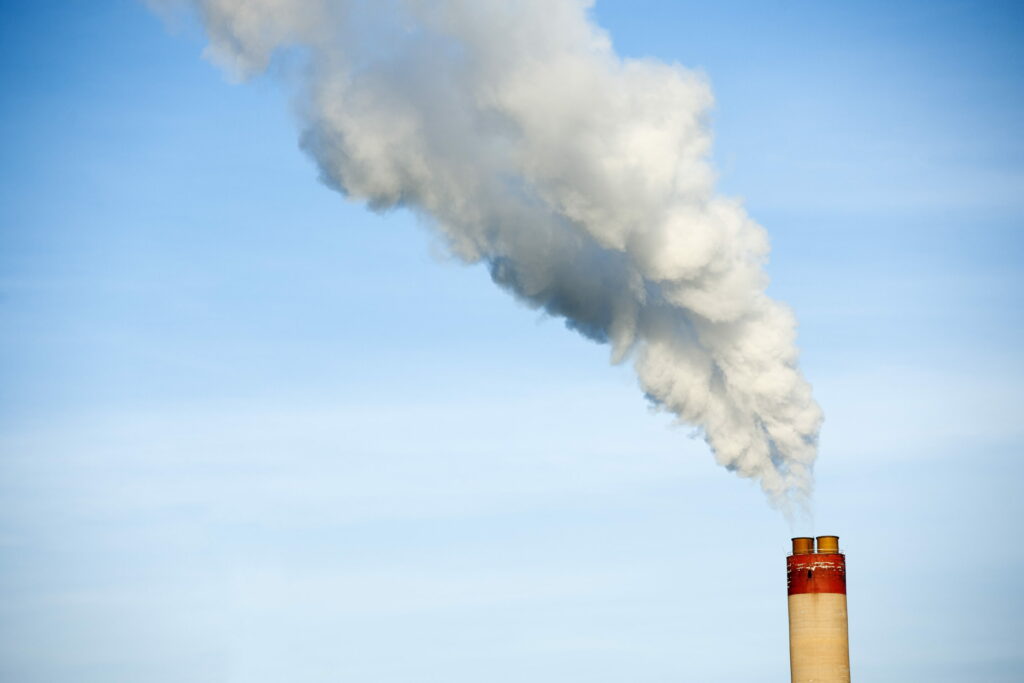Europe cut its carbon emissions by 4% in the first quarter of 2024, with Belgium, Bulgaria and Germany leading the pack. While any reduction is good news for the climate, specialists stress that wider context is key to understanding small wins.
In the first three months of 2024, the EU produced 894 million tonnes of Co2-equivalent gases compared to 931 million tonnes in the same period the previous year: a 4% drop, according to Eurostat.
20 countries recorded a decline in emissions, with Bulgaria, Germany and Belgium performing the best in this regard with reductions of 15.2%, 6.7% and 6% respectively.
"It is always good news to see a reduction in greenhouse gas emissions, but these figures must be treated with a great deal of caution," Climate Coalition spokesperson Nicolas Van Nuffel told The Brussels Times. "These are just the figures for three months of this year compared with three months of the previous year. What we really need to look at is the long-term trend."
'An exceptionally warm winter'
Belgium and the rest of Europe had just experienced "an exceptionally warm winter" before the three-month period in question, which Van Nuffel says is essential to understanding the drop in emissions. This July marked the end of a 12-month streak of record-breaking temperatures across the world. During this time, each month was the warmest for the respective month of the year.
In addition, inflated energy prices since the Russian invasion of Ukraine has played a part in reducing emissions across the board, with households adapting their consumption in line with higher costs.

Credit: Belga
The report notes that GDP performance improved as emissions fell in 12 countries (Belgium, Bulgaria, Denmark, Spain, France, Italy, Hungary, Poland, Portugal, Slovakia, Sweden and Croatia). However, economic activity declined in eight countries: Czechia, Germany, Estonia, Ireland, Luxembourg, the Netherlands, Austria and Finland.
The coexistence of falling emissions and economic growth is good news too, notes Van Nuffel, but he again draws attention to the bigger picture: the fact that the EU outsources its most polluting industries, which are not accounted for in Eurostat figures.
The way forward
All of these factors must be addressed in long-term planning in Belgium and wider Europe, says Van Nuffel.
"We need is ecological and social planning that will enable us to define a real long-term strategy, sector by sector." This entails genuine decarbonisation rather than rises and falls in carbon emissions depending on the weather, he explains.
Belgium failed to deliver its national energy and climate plan (NECP) to the EU within the agreed June deadline, partly as a result of internal regional disputes about contentious issues such as the Nitrogen Decree and long-winded government formation. The bloc is supposed to cut emissions by 55% by 2035 and achieve carbon neutrality by 2050.

